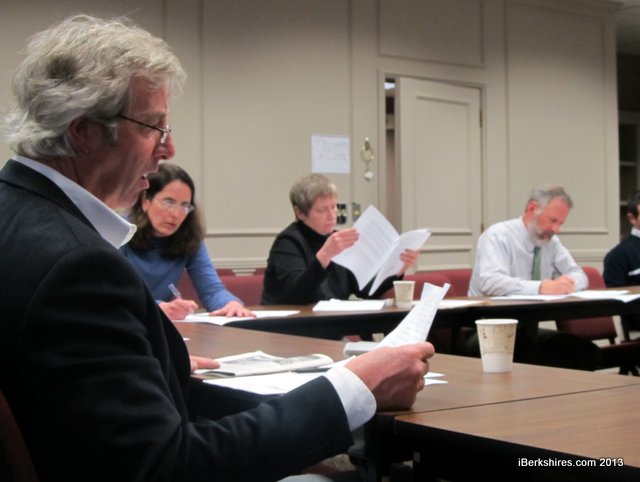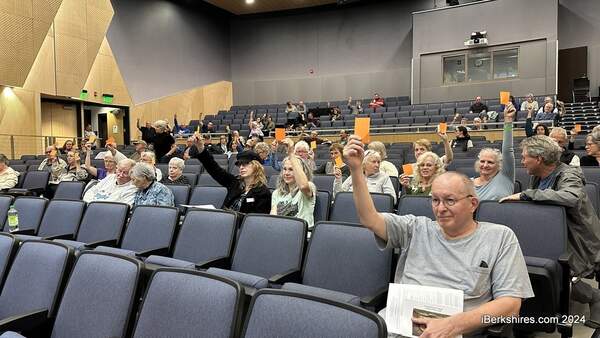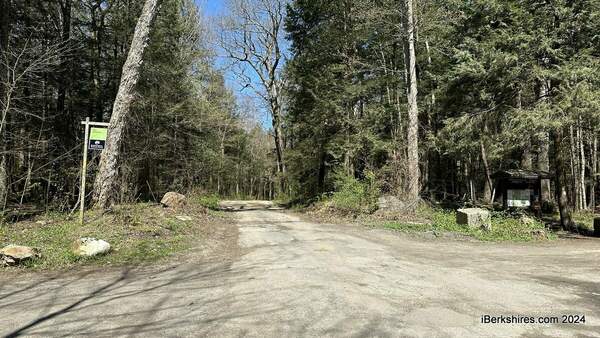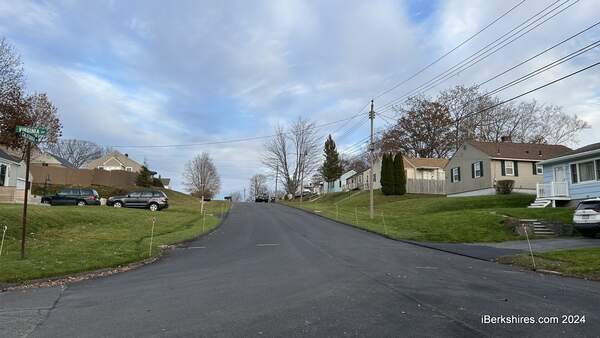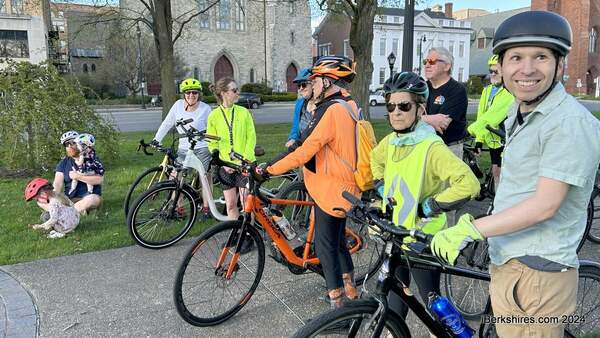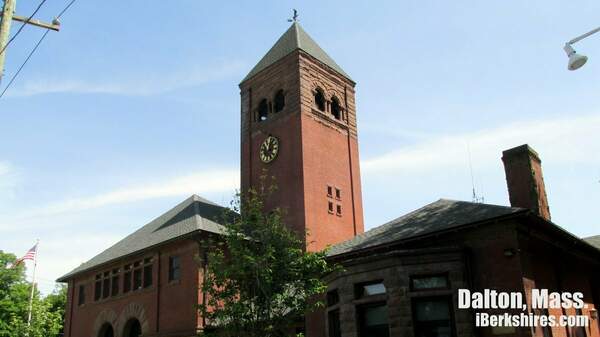BRPC Advocates For Local Control In Medical Marijuana
|
Chairman Jamie Mullen said the clinics should be a welcomed part of a downtown. |
PITTSFIELD, Mass. — Berkshire Regional Planning Officials trust that the state will regulate all of the health concerns regarding medical marijuana but they want to make sure they can control where the facilities are located.
BRPC's Regional Issues Committee will submit comments to the Department of Public Health in an effort to ensure cities and towns have local control of zoning.
They also want clarification on the timing of permitting and if the nonprofit organizations fall into exemptions from zoning and that the facilities are geographically spread out.
The state Department of Public Health is currently in the process of crafting regulations and are expected to release them in May.
Voters approved the use of medical marijuana through clinics or home use last fall. Attorney General Martha Coakley has ruled towns cannot ban clinics but they may impose moratoriums until the state can promulgate regulations.
While there are questions of enforcement, health impacts, inspections and impacts, BRPC has limited its comments to land use.
The committee had mixed views. New Marlborough representative Jamie Mullen looked at the addition of clinics as a benevolent and helpful addition to downtowns by bringing more people there.
"This is medicine and people shouldn't be stigmatized when they are trying to get help," Mullens said on Tuesday when the group met to discuss their comments. "It is like a pharmacy. It isn't something to fear."
However, Lee representative Thomas Wickham fears marijuana will be used in the parking lots or attract a criminal element. Wickham doesn't want them anywhere near schools.
"You don't know what it is going to be like. Morally, I feel it should be 100 feet away from schools," Wickham said.
The various opinions represent how different communities feel about it and the committee said each town should be able to have control for what works for them. But, there are still zoning questions.
One thing is for sure, the towns will not be able to eliminate them completely from zoning. Rene Wood of Sheffield said she had a lengthy conversation with Attorney General Martha Coakley's office and bans will not hold up through an appeal process.
"It is allowed by right. But you can put restrictions on the distance from churches and schools," Wood said.
Even if bans on clinics would withstand appeals, Eleanor Tillinghast, of Mount Washington, said that would only increase the number of hardship permits issued, which are even more difficult to control.
If a clinic is not close proximity a patient can be given a hardship permit which would allow them to either grow their own or have a "caregiver" provide it.
C.J. Hoss, a planner from Pittsfield, said the methadone clinic that recently opened up was exempt from certain regulations because it was classified as an education nonprofit and it serviced disabled citizens. Classifying marijuana clinics present a similar issue. BRPC doesn't know how to classify the clinics or the cultivation centers.
The timing of permits creates a problem, too. In the larger city, Hoss wants applicants to receive local permitting before applying for the state certificate. Hoss says the city vets applications and eliminates projects that are known not to be permitable ahead of time.
"I feel more comfortable having it sited first," Hoss said. "We're not trying to zone them out. We're trying to figure out what is reasonable."
Smaller towns with volunteer planning boards also don't want to have to go through the process for multiple proposals just to have the state deny a certificate.
The planners also want to make sure the clinics are spread out across the county so all of the proposals don't flock to one municipality.
Tags: Berkshire Regional Planning Commission, marijuana, zoning,

